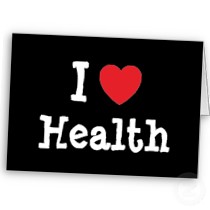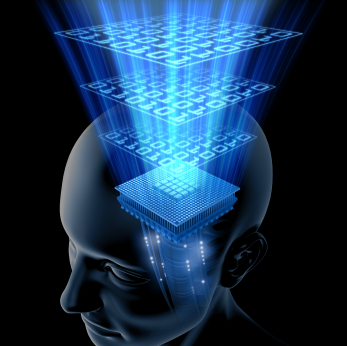Digestion

The role of digestion is to breakdown the food that we eat into forms that can be absorbed into the body and used. For example, carbohydrates are broken down into simple sugars, protein into amino acids and fats separate into fatty acids. These products are either burned as fuel for energy, become part of a structural component or fluid or they serve as intermediaries in different functions such as carrier molecules, enzymes or regulatory proteins (hormones). Digestion requires a great deal of digestive fluids, enzymes and energy. There are approximately ten liters of digestive fluids manufactured by the body per day. This is about twice the total amount of blood in your body. The digestive fluid is very rich in minerals and enzymes and consequently, requires a diet containing minerals and enzymes to be able to function well. Foods high in natural enzyme content are easier to digest. Since heat breaks down and inactivates enzymes, the more raw and fresh foods are, in general, the more enzymes will be present.
Foods high in preservatives put a stress on digestion. In addition to the toxic effect that they have on digestive organs, preservatives are added to keep food from breaking down – the opposite of digestion. When food does not digest properly, problems develop in the body. There are feedback mechanisms in the body that tell the valves when the food is ready to pass down the digestive tract to the next region. If the food does not digest correctly, it will just sit in the area of the intestine and instead of being broken down properly, it will be broken down improperly. It will rot. This produces gas and toxins. It will make you feel bloated, gassy and constipated. It can cause “beer belly” or paunch type weight gain. Some toxins may be bad enough to cause loose stool.
When the food is absorbed into the blood, so are the toxins. This can make you quite tired and may affect other organs. Though people differ, usually this hits 2-3 hours after you eat. It can also make your kidneys hurt and the toxins can affect your glands and nerves. Undigested food is also a prime breeding ground for parasites that then can magnify the problems.
Since digestive fluids are very rich in enzymes and enzymes are rich in minerals, vitamins and amino acids they are very valuable to the body. In essence, the digestive fluid could be viewed as an investment. The principle of digestion is that the body will invest its valuable vitamins, minerals and amino acids enzyme systems in the digestive fluids so that it will get MORE good vitamins, minerals, amino acids and enzymes in return. If the overall enzymes are low, other systems which require a lot of enzymes may be put on hold, secondary to enzymes used for digestion. The immune system is an enzyme system for example and may be compromised by low enzymes.
Some programs to handle tumors will have you not eat meat past the first six hours of the day. The idea is that the same digestive enzyme constituents necessary to digest meat are necessary to break down tumors. By not eating meat the body can use it’s resources to digest the tumor instead. If there has been an injury, enzymes are necessary to clear away the damaged tissue. It has been found that taking supplemental enzymes, especially pancreas enzymes, help injuries heal more quickly with less inflammation. Digestion also requires a great deal of energy. If the person’s overall energy is low and digestive organs, particularly the gall bladder or pancreas are malfunctioning, the person may experience extreme tiredness for 20-30 minutes after eating. The main digestive organs are the liver, gallbladder, small and large intestine.
A properly functioning digestive system is vital for the body’s well being. You can give the body the very best nutrition yet if the digestive organs aren’t functioning well it may be all for naught as the nutrition cannot enter the body to be used. If a person’s digestion is in bad shape, the digestive organs may have to be targeted first for correction before other areas of the body are addressed. Digestive enzymes are always a good idea at this stage. If the digestion is in very bad shape, and the person’s energy is very low, liquid herbal extracts may have to be resorted to in order to coax the digestive organs back to a level where food supplements can be tolerated and absorbed.
If you are having problems with digestion or tiredness after you eat, you may wish to be examined to find out which if any digestive organs are in need of help and the specific nutrition necessary for resolution. Call (260) 459-6160 (Ft. Wayne) or (773) 929-3964 (Chicago) for an appointment.
Dr. David A. Murdock, D.C.











